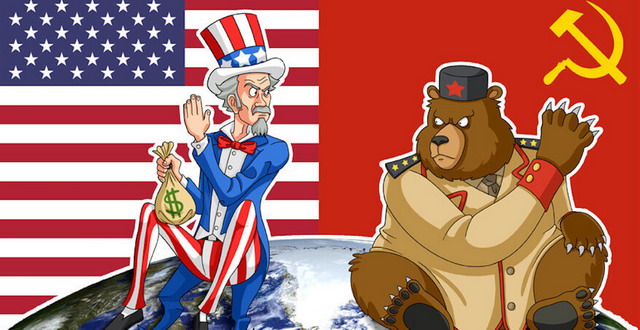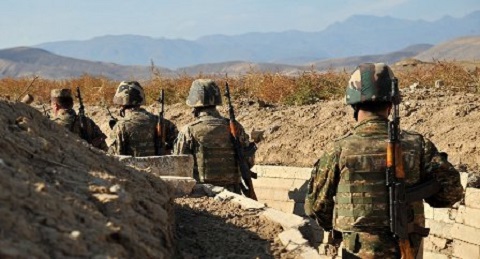In the second half of the 20th century, there were two superpowers in the world: the USSR and the USA. They were externally very different. The superpowers were in fierce competition everywhere, from space to the “third world,” from armaments to sports. Their official ideas about the further development of the world, social welfare, and even morality were radically different. The superpowers constantly threatened each other to start World War III, but fortunately did not succeed.
But, on the other hand, they complemented each other. Each had its own “zone” to look at, and they did not cross those red lines. For example, Stalin did not intervene when the communists were suppressed in Greece in 1946-49, the West did not intervene when in 1956 in Hungary and in 1968 in Czechoslovakia the people revolted against the totalitarian system. “Here” in the Soviet Union, people dreamed of crowded supermarkets and cars sold freely in stores, and some dreamed of a multi-party system and freedom of speech. There in the West, those who had it all were demonizing us, constantly threatening that these “hungry” people wanted to come and eat their fill. The advantage of the “liberal” project was proved (including to the same “third world”) by the failures of the “socialist” project.
In 1991, one of those “giants” fell, and the Americans rejoiced from the beginning: “It’s over, we won!”, “The story is over!” But then it turned out that the Americans also lost. There is no former enemy with which to intimidate Westerners. Instead, many new ones have appeared. There is no “auxiliary zone watcher,” instead there are dozens of candidates to “watch.” The “liberal” advantages, on the other hand, are not very impressive: we have both supermarkets and a multi-party system, but to say that it makes us very happy would be an exaggeration. Now, many American politicians can probably say, “Give us back our old and good enemies.”
This pattern also applies to the internal life of the states, as well as in Armenia. In many cases, the government survives due to the opposition. It happens when the latter is less popular than the government, when such opposition can intimidate and threaten the population. It must also be said that it is quite advantageous for the opposition, to be in the role of a “suitable partner.” This idolatrous situation will continue until the government celebrates its “final” and “glorious” victory.
Read also
Aram Abrahamyan





















































